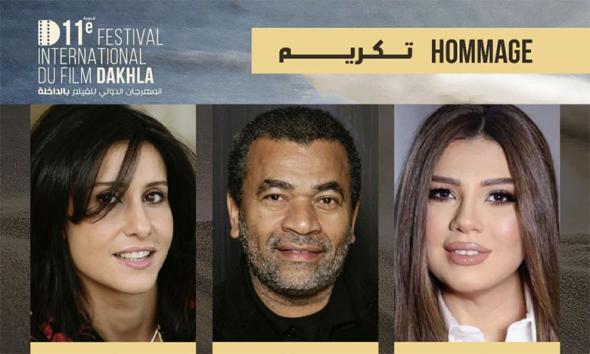zeze gamboa
Postes avec la étiquette zeze gamboa
Archives
Auteur
- administrador
- adrianabarbosa
- Alícia Gaspar
- arimildesoares
- camillediard
- candela
- catarinasanto
- claudiar
- cristinasalvador
- franciscabagulho
- guilhermecartaxo
- herminiobovino
- joanapereira
- joanapires
- keitamayanda
- luisestevao
- mariadias
- marialuz
- mariana
- marianapinho
- mariapicarra
- mariaprata
- martacacador
- martalanca
- martamestre
- nadinesiegert
- Nélida Brito
- NilzangelaSouza
- otavioraposo
- raul f. curvelo
- ritadamasio
- samirapereira
- Victor Hugo Lopes
Data
- avril 2025
- mars 2025
- février 2025
- janvier 2025
- décembre 2024
- novembre 2024
- octobre 2024
- septembre 2024
- août 2024
- juillet 2024
- juin 2024
- mai 2024
Étiquettes
- 16 fevrier 2011
- Ângelo Lopes
- Angola nos Trilhos da Independência
- Beatriz Lemos
- descolonizar pensamento
- Deus
- Edson Chagas
- Festival Tanto Mar
- kuduro
- mariana carneiro
- Mínimo Olhar
- mónica miranda
- Photography in Portuguese Colonial Africa
- Piero Gleijeses
- Radia Lx
- Revolta no Egito
- tecidos
- Thiago de Paula Souza
- Vitor pinto da Fonseca
- zoommeeting
Les plus lus
- AFROTOPIAS: artistas do pós-independência 17 Abril I Bruxelas
- 7th Queering Afro-Luso-Brazilian Studies Conference
- PÓS-MUSEU: 'A' de Ausência
- António Jacinto: Poeta e Guerrilheiro
- Uma Ecologia Decolonial - Conferência por Malcom Ferdinand
- Hanami, a primeira longa-metragem da realizadora Denise Fernandes, Cabo Verde
- Paisagens de Fogo: Uma história política e ambiental dos grandes incêndios em Portugal
- Curadoras macaenses da Bienal de Veneza apresentam nova mostra
- Programa de apoio à pesquisa das coleções fílmicas da Cinemateca Portuguesa-Museu do Cinema (2025)
- Lançamento do livro GAIA E FILOSOFIA de Lynn Margulis


